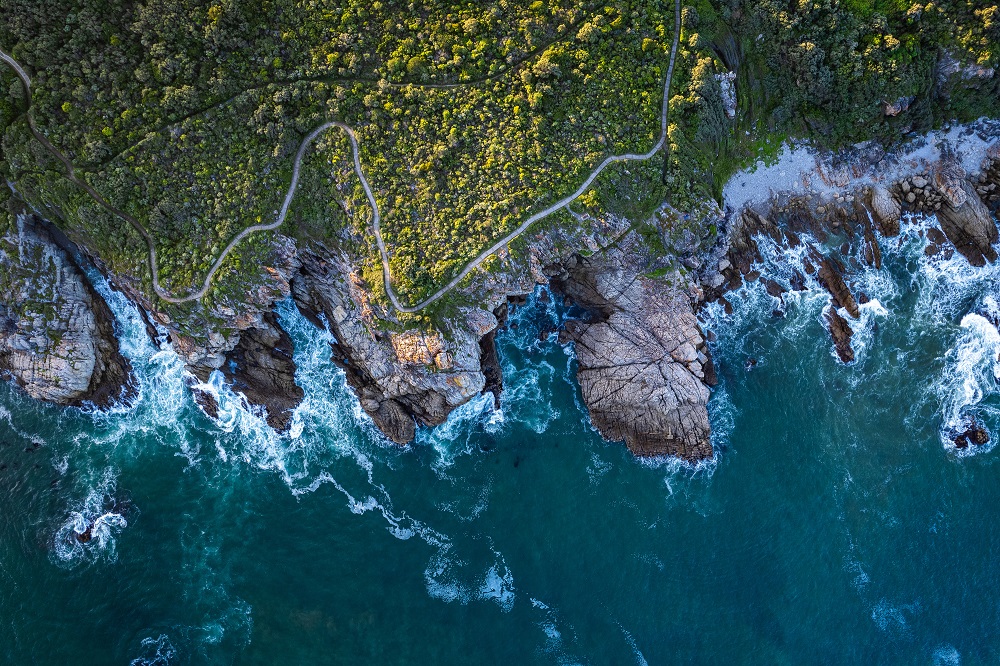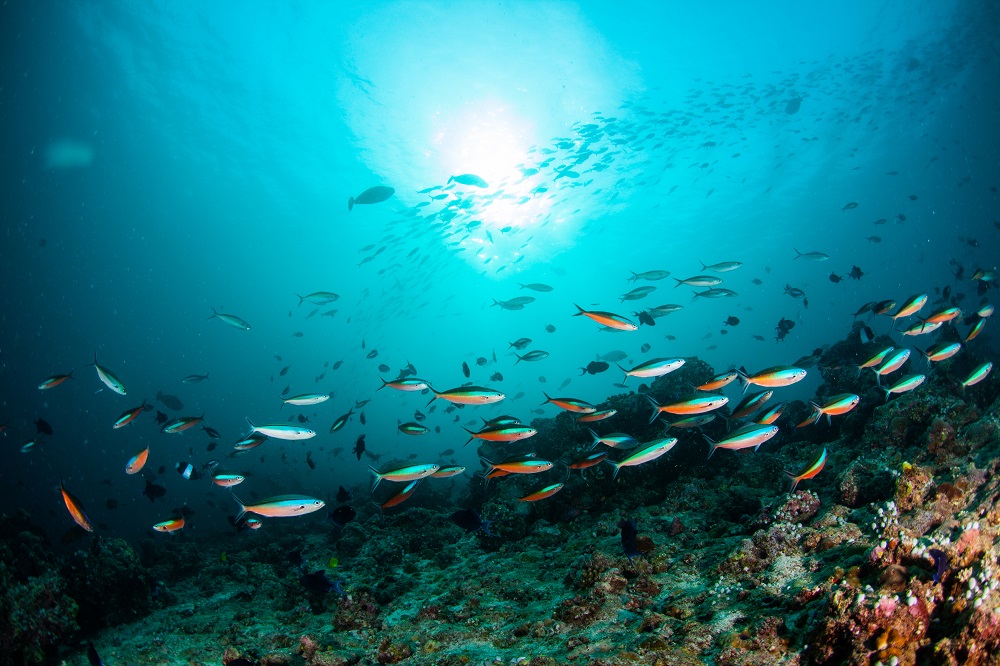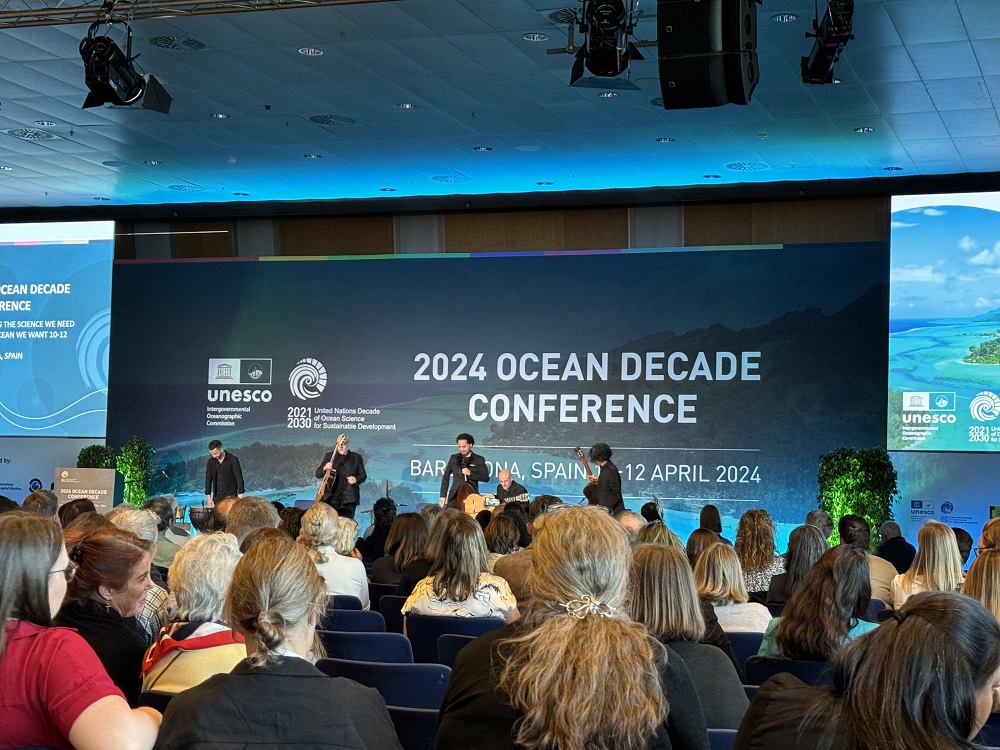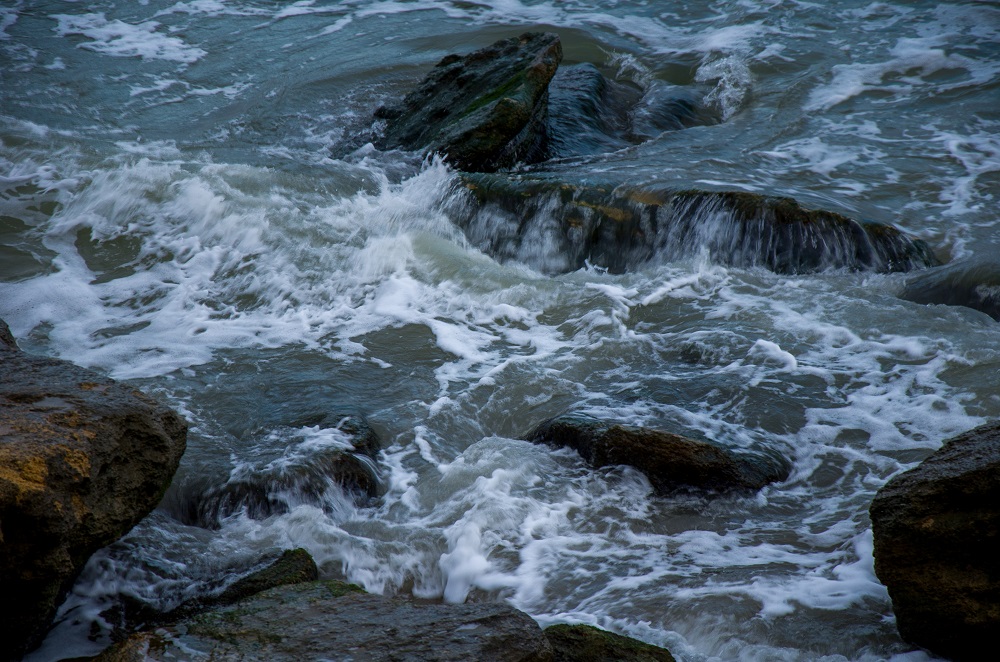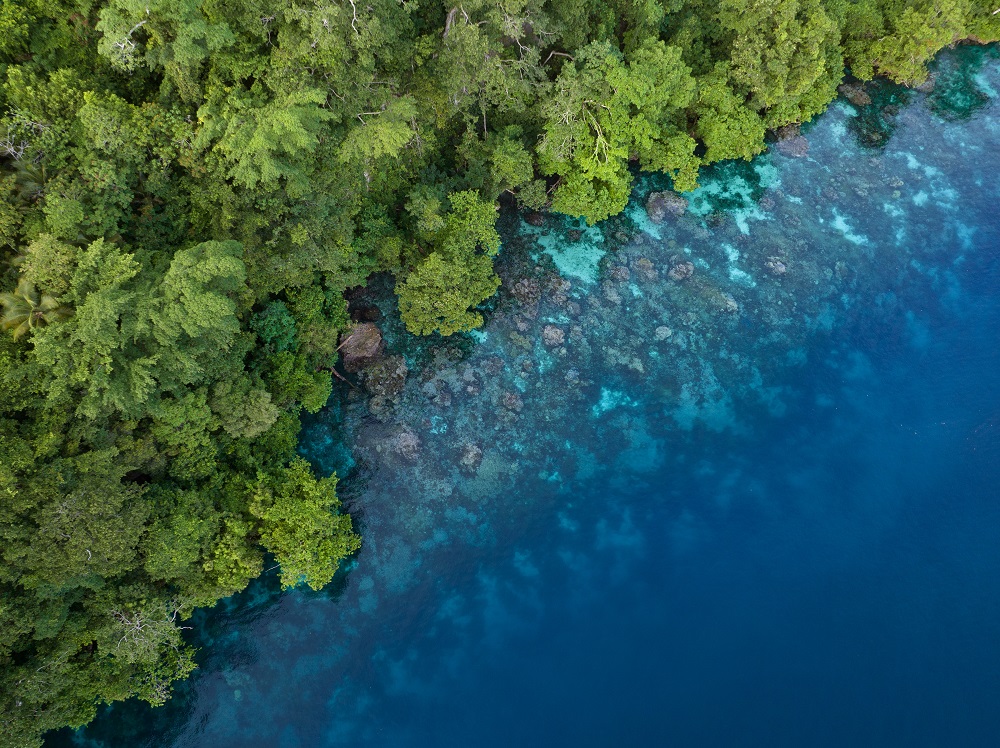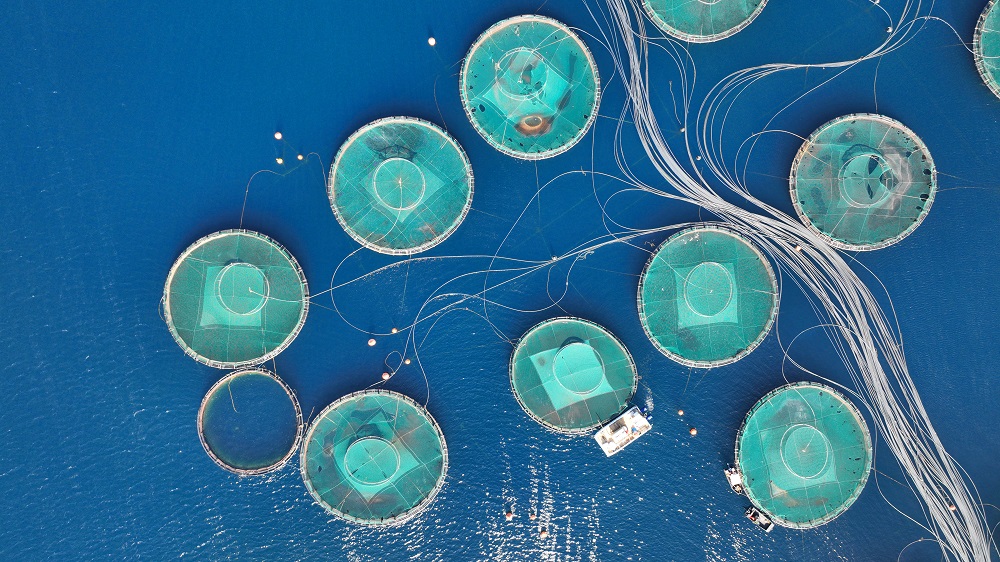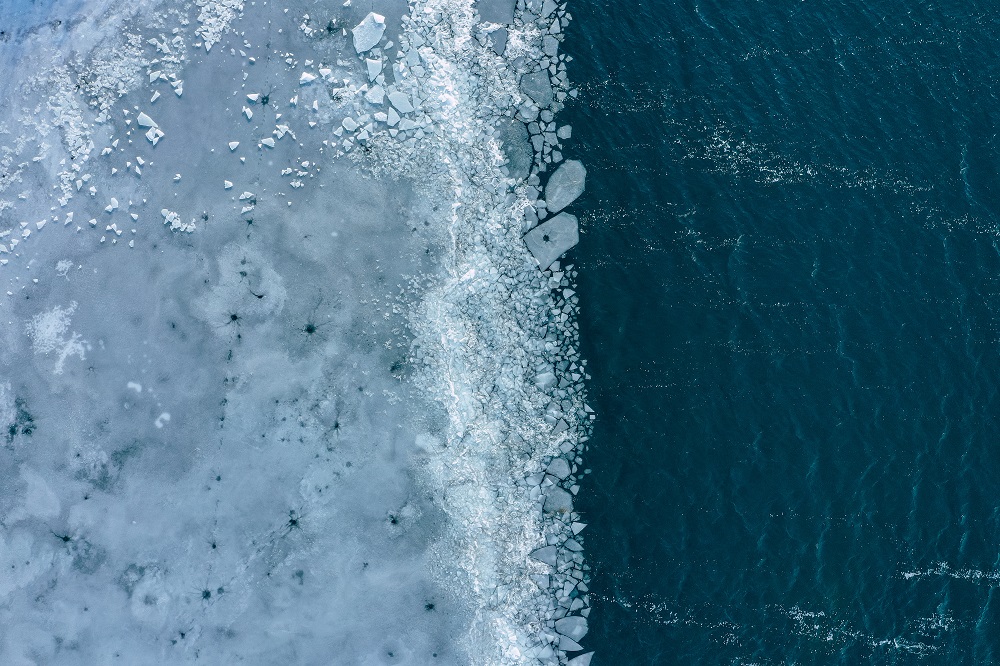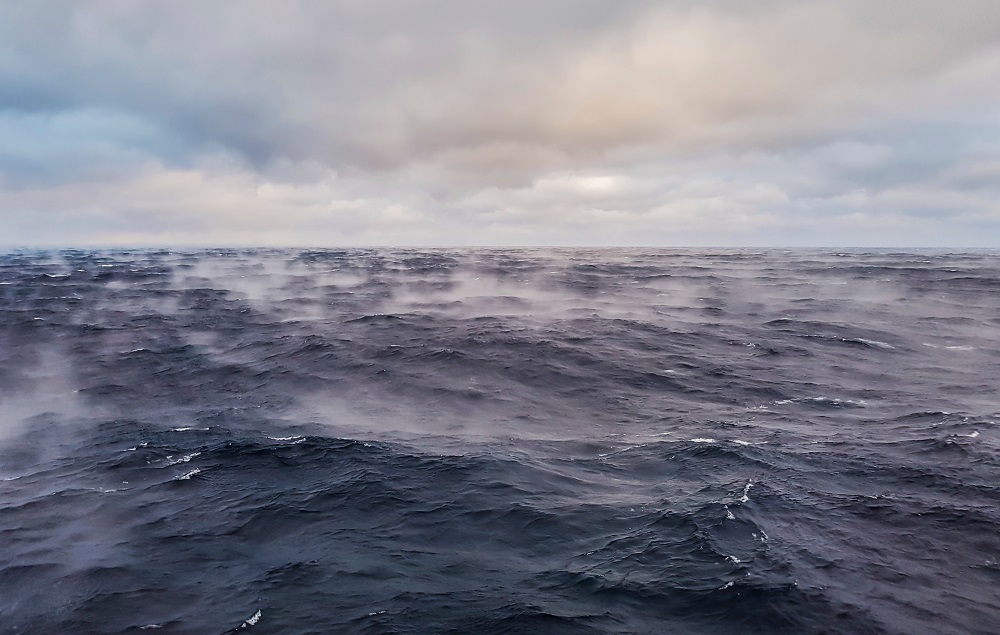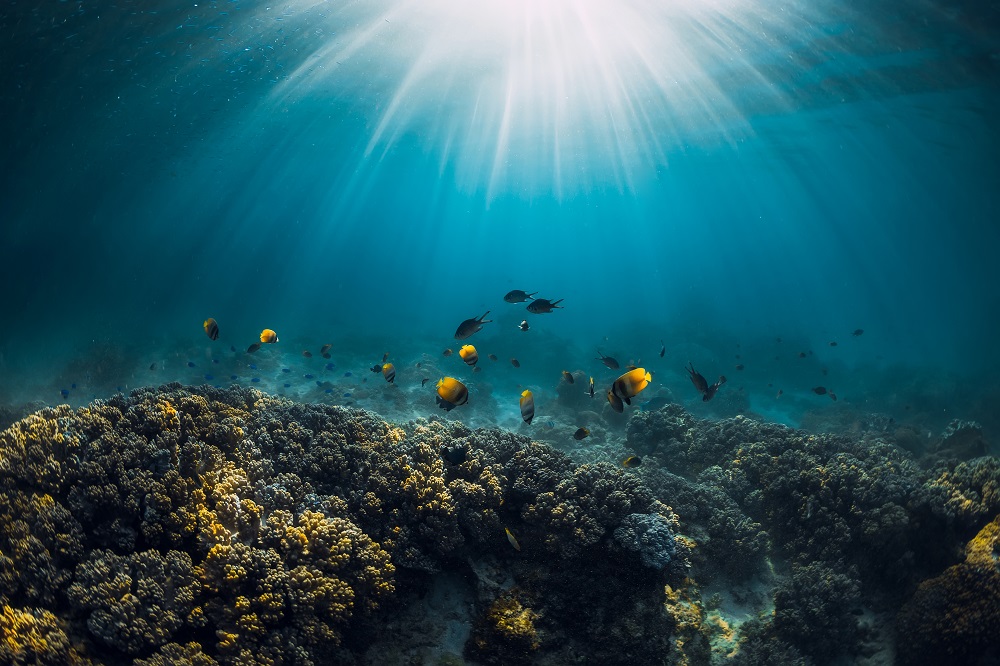Back to Blue, an initiative of Economist Impact and The Nippon Foundation, is launching a global call to action to close the marine pollution data gap
Pollution caused by human activity accumulates in the seas. Yet poor and inaccessible data means building a coherent and holistic picture of marine pollution is impossible. Plastic pollution garners headlines, but a plethora of other chemicals and contaminants— mostly unseen—are likely doing as much, if not greater, harm to ecosystems, marine life and human health. On this score society knows frighteningly little: there has been no comprehensive global effort to harmonise, collate, analyse and interpret data to build a holistic picture of marine pollution and its impacts.
Chemicals and other contaminants reduce biodiversity and damage the marine ecosystem. Ocean pollution is an economic problem too, damaging fi sheries, reefs and coastal environments. A zero-pollution ocean is critical to achieving global climatechange and biodiversity targets, yet it will only be possible if policymakers, business leaders and investors have access to sufficient evidence to evaluate the scope, scale and impact of marine pollution and to take action.
Back to Blue has published a discussion paper, The Zero-Pollution Ocean: A call to close the evidence gap, and calls on all individuals including scientists, activists, policymakers, investors and business leaders to join the conversation about how to spearhead a co-ordinated global response to marine pollution.

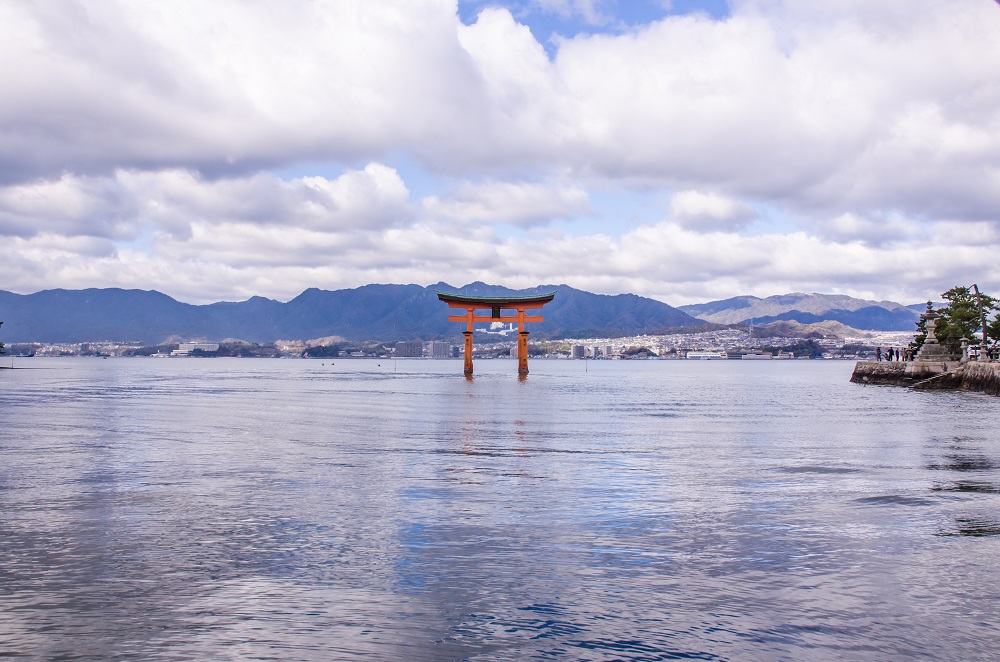

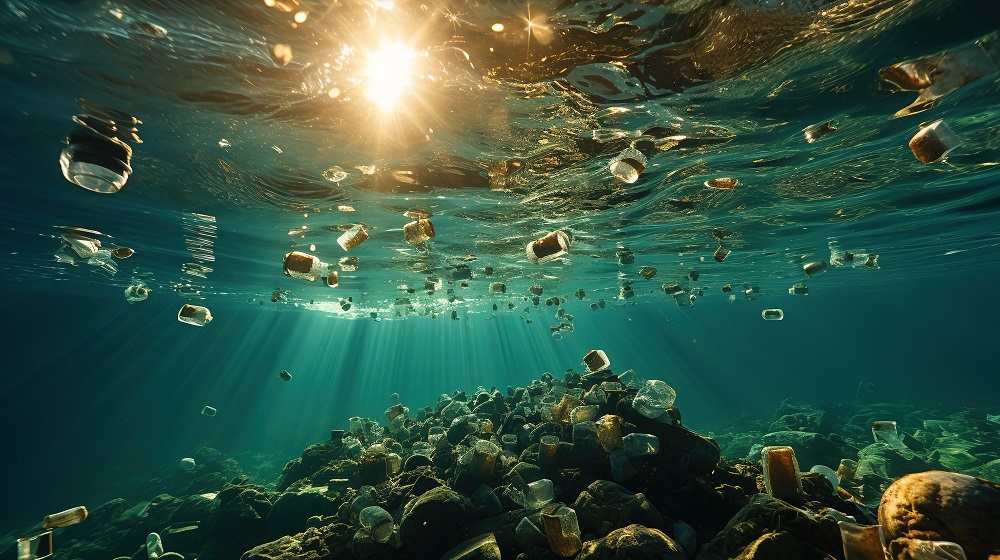

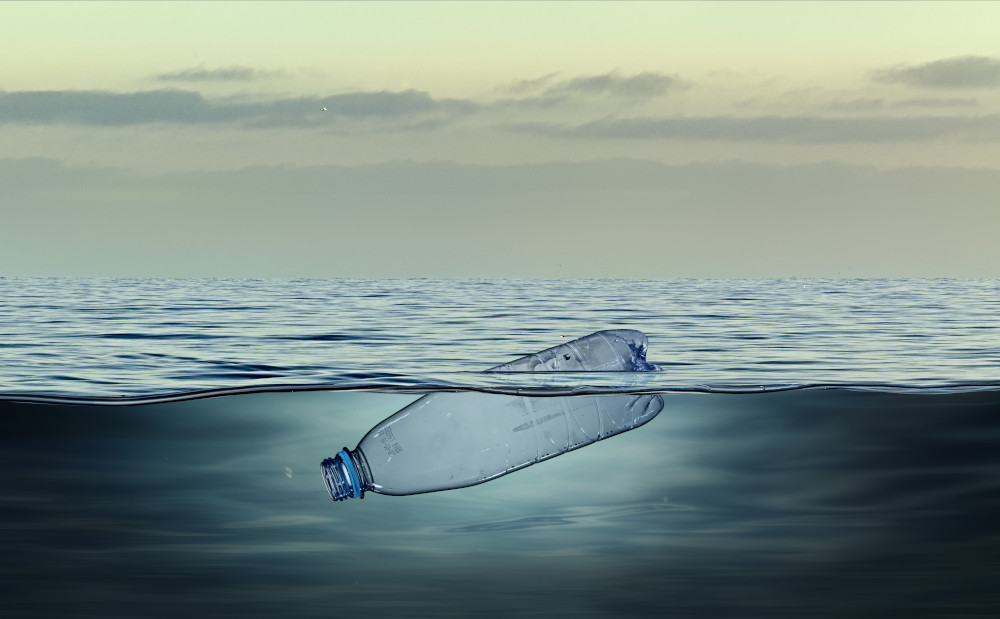




 The scourge of untreated wastewater
The scourge of untreated wastewater Slowing
the chemical tide: safeguarding human and ocean health amid
chemical pollution
Slowing
the chemical tide: safeguarding human and ocean health amid
chemical pollution Hazardous chemicals in plastics - the discussions at INC
Hazardous chemicals in plastics - the discussions at INC







